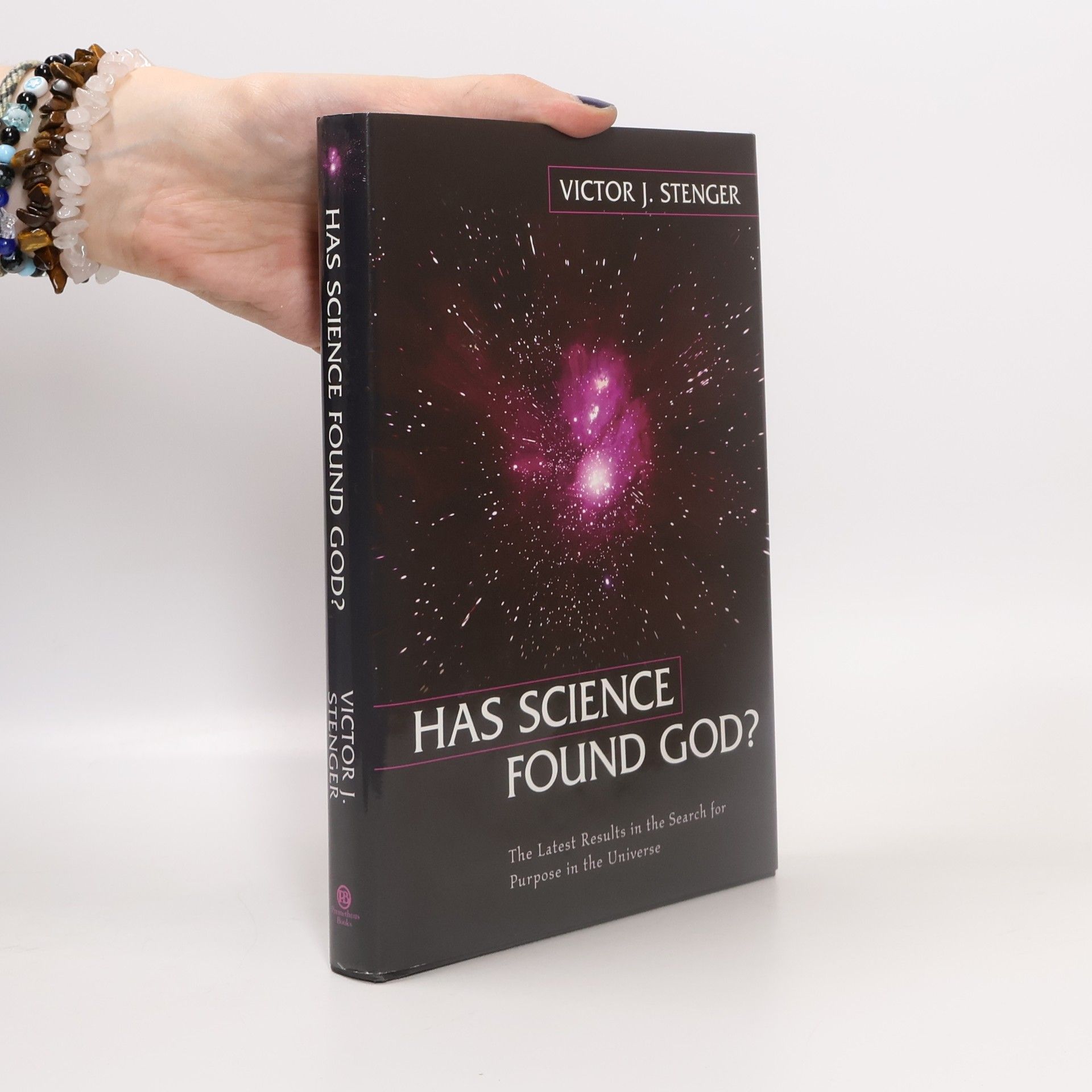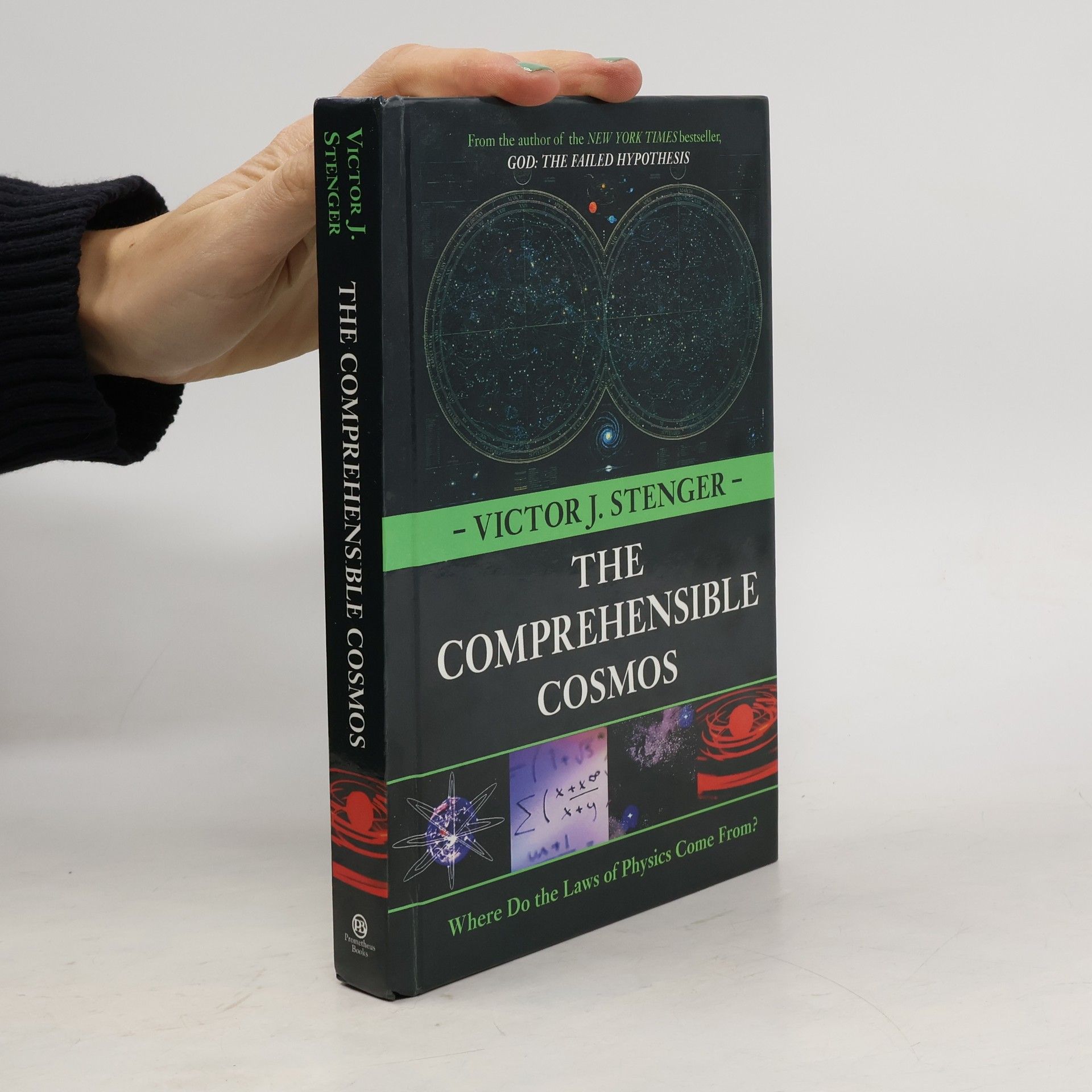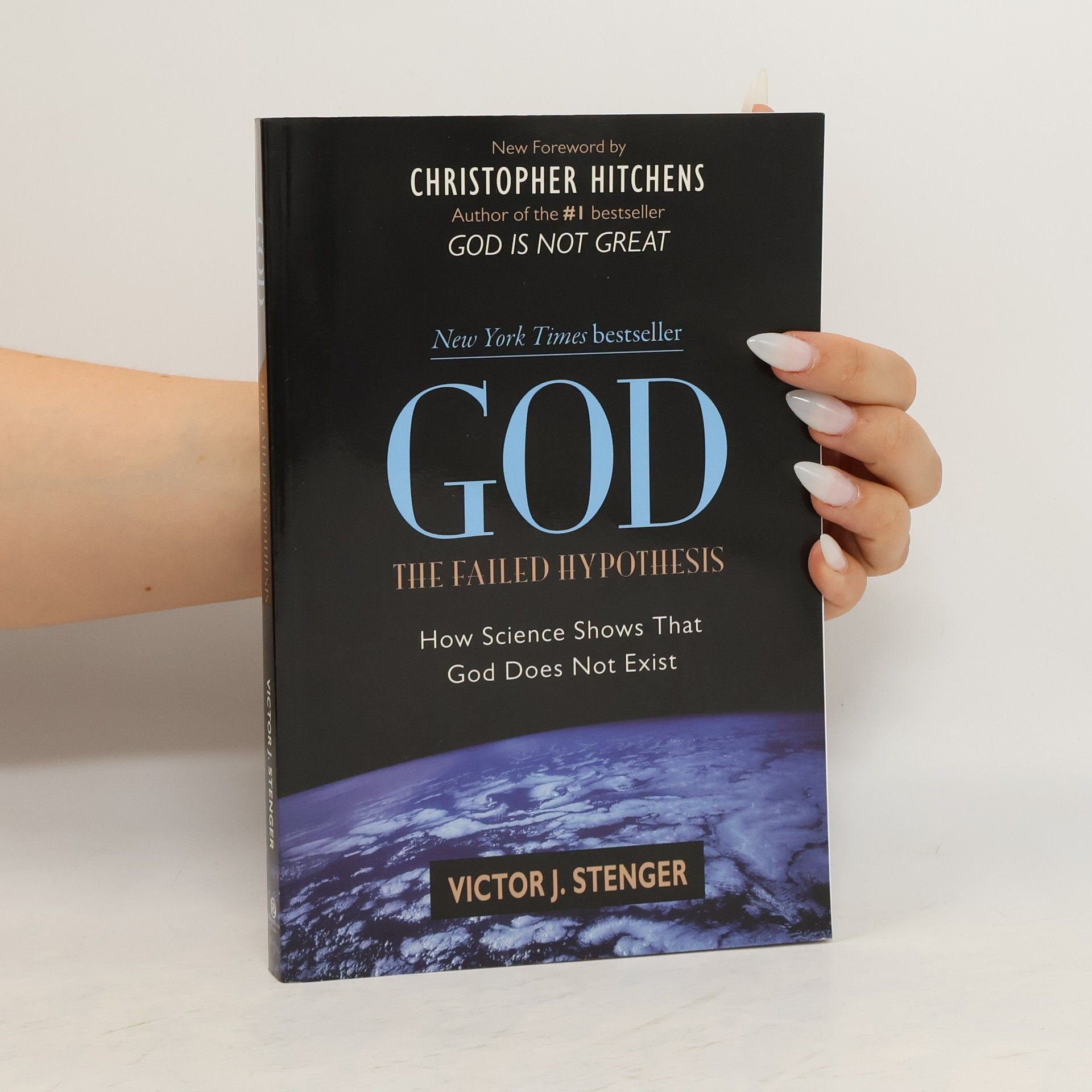God. The Failed Hypothesis.
- 310 páginas
- 11 horas de lectura
Victor Stenger fue un físico de partículas estadounidense, ateo declarado y autor profundamente involucrado en la filosofía y el escepticismo religioso popular. Su prolífica escritura para audiencias generales exploró la física, la mecánica cuántica, la cosmología, la filosofía, la religión, el ateísmo y la pseudociencia. El trabajo de Stenger a menudo profundizó en los límites entre la ciencia y la fe, abogando por un enfoque racional para comprender el universo. Es reconocido por sus agudas críticas a las afirmaciones religiosas y su enérgica defensa de una cosmovisión científica.




In the past few years a number of scientists have claimed that there is credible scientific evidence for the existence of God. In 1998 Newsweek went so far as to proclaim on its cover, "Science Finds God." Is this true? Are scientists close to solving the greatest of all mysteries? Physicist Victor J. Stenger delves into this fascinating question from a skeptical point of view in this lucid and engrossing presentation of the key scientific facts.Stenger critically reviews the attempts of many contemporary theologians and some scientists to resurrect failed natural theologies in new guises. Whether these involve updated arguments from design, "anthropic" coincidences, or modern forms of deism, Stenger clearly shows that nothing in modern science requires supernatural explanation. He offers naturalistic explanations for empirical observations that are frequently given theistic for example, that information in the universe implies an intelligent designer, that a universe with a beginning requires a Creator, and that the elegant laws of physics suggest a transcendent realm. He shows that alleged spiritual, nonmaterial phenomena do not lie beyond the experimental reach of physics.This thorough and careful consideration of scientific evidence covers much ground yet remains accessible and highly informative to the educated lay reader.